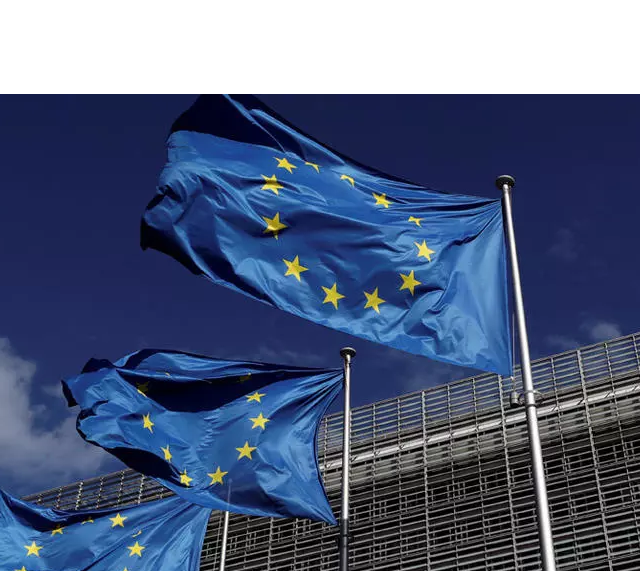Photo by Iñaki del Olmo on Unsplash
Hungary has come under fire from the EU in the bloc’s annual rule of law report.
The keenly awaited report from the Commission covers all 27 Member States and none escape some criticism over the issue.
These include Hungary which has found itself at odds with the EU at various intervals in recent years.
The major report says Hungary deserves credit for certain acts in recent months.
It says it has adopted a new anti-corruption strategy for 2024-2025. Legislation on lobbying and revolving doors is planned, while enforcement and oversight remain an issue as regards asset declarations.
But there are many criticisms by the EU which says the threats to media pluralism highlighted in previous Rule of Law Reports have remained unaddressed.
The report notes, “No measures have been adopted or are planned to regulate the channelling of state advertising to media outlets, to guarantee the functional independence of the media authority and to ensure the editorial and financial independence of public service media.”
It says, “Journalists and independent media outlets continue to face numerous challenges including seemingly coordinated smear and de-legitimisation campaigns, and selective access to government premises and events. Further legislative changes have introduced some restrictions to freedom of information.”
The extensive report says “increasing state interventions and arbitrary decisions of the authorities remain a problem for the operation of businesses in the single market.”
“The state of danger has been further extended until November 2024. The quality of law-making and the frequent changes in legislation remain a significant cause for concern.”
The report claims that overall concerning the recommendations in the 2023 Rule of Law Report, Hungary has made:
- No progress on improving the transparency of case allocation systems in lower-instance courts, taking into account European standards on case allocation.
- No progress on adopting comprehensive reforms on lobbying and revolving doors, and further improve the system of asset declarations, providing for effective oversight and enforcement.
- No progress yet on establishing a robust track record of investigations, prosecutions and final judgments for high-level corruption cases.
- No progress on introducing mechanisms to enhance the functional independence of the media regulator taking into account European standards on the independence of media regulators.
Hungary is now recommended to improve the transparency of case allocation systems in lower-instance courts, taking into account European standards on case allocation.
It is urged to take structural measures to increase the remuneration of judges, prosecutors, and judicial and prosecutorial staff, taking into account European standards on remuneration for the justice system.
Budapest should, says the EU, also adopt comprehensive reforms on lobbying and revolving doors, and further improve the system of asset declarations, providing for effective oversight and enforcement.
The EU also wants Hungary to establish what it calls a robust track record of investigations, prosecutions and final judgments for high-level corruption cases.
Hungary should further introduce mechanisms to enhance the functional independence of the media regulatory authority taking into account European standards on the independence of media regulators.
The 2024 Rule of Law Report examines developments across all Member States, both positive and negative, in four key areas for the rule of law: the justice system, the anti-corruption framework, media pluralism and freedom, and other institutional issues related to checks and balances.
It includes country chapters for all 27 Member States, which rely on a qualitative assessment carried out by the Commission, analyse new developments since the previous Report and the follow-up to the challenges and developments identified in the 2023 edition.




